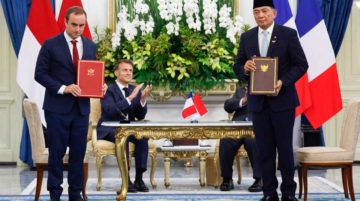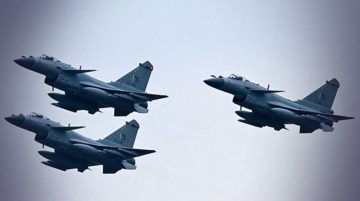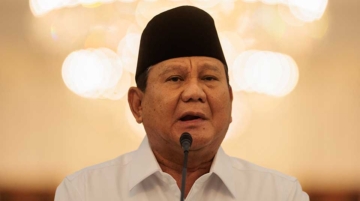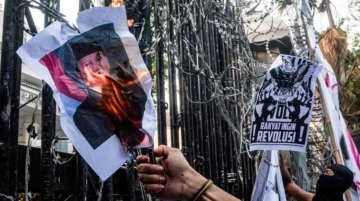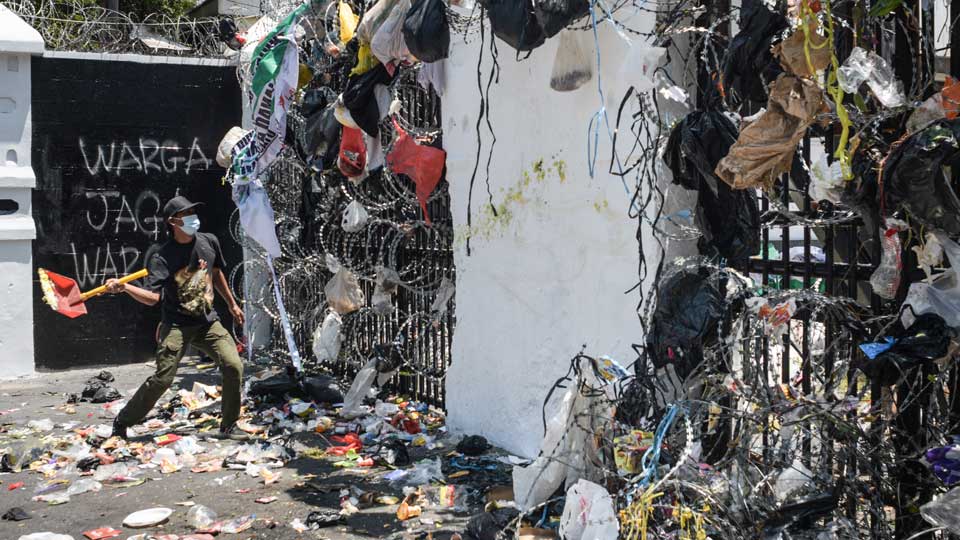
Recent unrest in Indonesia has been one of the largest outbreaks of social turmoil since 1998, when widespread violence included anti-Chinese riots. Some Chinese business owners in Indonesia even reinforced their shops to prevent damage.
In an interview with the nationalist news site Guancha.cn, Xu Liping, director of the Center for East Asian Studies at the Chinese Academy of Social Sciences, said this round of protests would not escalate to that level. Xu noted that Indonesia has long since abolished discriminatory laws against Chinese and changed derogatory terms for ethnic Chinese.
More importantly, unlike in 1998, China today is the world’s second-largest economy, with far greater international influence—something that provides a form of protection for overseas Chinese communities. In addition, Chinese investment in Indonesia has created jobs and delivered tangible social benefits, making the situation fundamentally different from the past.
While some anti-Chinese rhetoric has appeared on X and Facebook, Xu argued these are isolated cases that will not set the tone. He urged Chinese audiences to remain calm, avoid linking every foreign protest to China, and reminded Chinese businesses in Indonesia to maintain a low profile while complying with local laws.
Xu also pointed to domestic drivers behind the unrest: trade unions and student groups have been the leading forces. Students often play a vanguard role in Indonesian protests against social injustice and corruption, while unions are using the moment to push for better labor protections, higher minimum wages, and a stronger voice. The protests largely involve Prabowo’s support base, without clear backing from political parties, but with visible involvement from civil society organizations.
Looking ahead, Xu predicted demonstrations would likely ease. The immediate trigger, which is the housing allowance for lawmakers, has already been revoked, and other demands require long-term structural reforms rather than short-term fixes. Moreover, sustained large-scale protests are difficult to finance in Indonesia, where most mobilization relies on organizations rather than spontaneous public participation.
Why Is This Important? The timing of this unrest is politically sensitive. It coincided with China’s military parade, complicating Indonesian President Prabowo Subiantos’s attendance. Online speculation in China has raised questions about whether Western forces might be instigating the riots. What looks like a local dispute over inequality may, in the Chinese view, risk becoming another flashpoint in U.S.–China rivalry.


